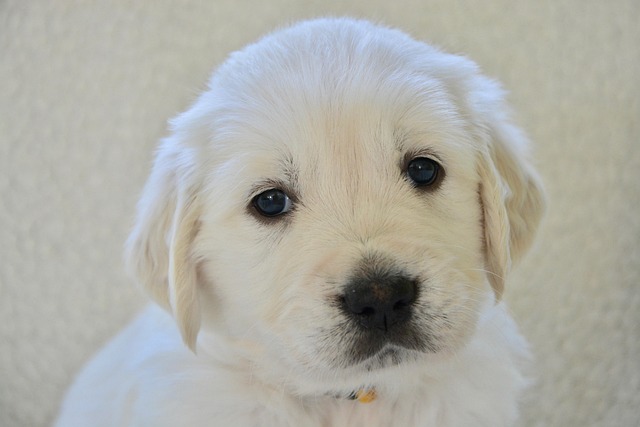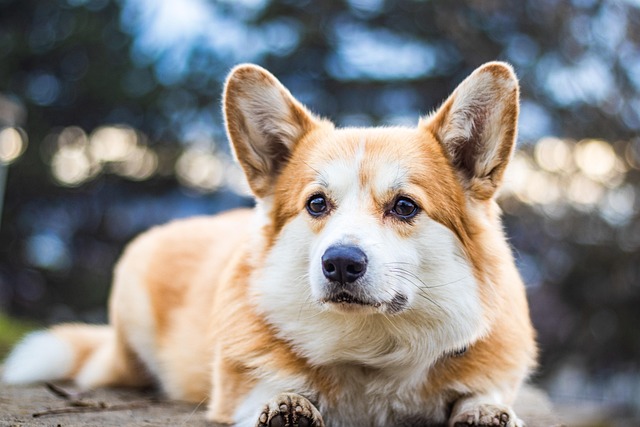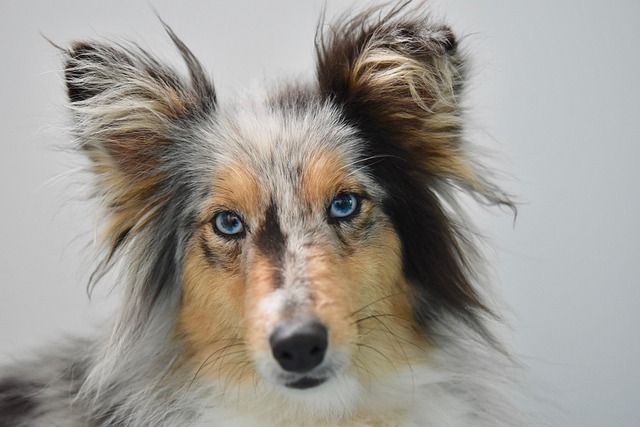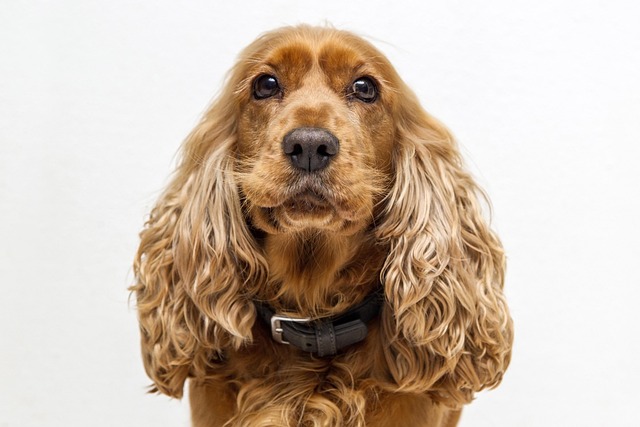Imagine your squishy 9-week-old Labrador, Daisy, tumbling after a fallen Cheerio in your Chicago kitchen. You chirp, "Daisy, come!" – and those little paws scramble toward you, eager for the chicken nibble in your hand. Fast forward to her 15-week checkup at the Portland vet clinic, though, and suddenly that same cheerful call gets ignored as she strains toward a fascinating terrier in the waiting room. So when’s the right time to start? Here’s the golden rule: begin the very day your puppy comes home, ideally between 8-12 weeks old. Their brains are wired for rapid learning during this critical socialization period, making it prime time for planting positive recall seeds. While their focus flits like a butterfly (think 60-90 seconds max!), short, playful sessions build vital neural connections long before tackling crowded sidewalks or dog parks.
Why jump in so early? Puppies don’t decode language – they associate sounds with outcomes. If "come!" consistently means mouth-watering rewards before they discover sprinting after squirrels is its own reward, you’re essentially hardwiring a joyful response. This hinges entirely on positive reinforcement. Scolding, leash-jerking, or staring them down when they hesitate breeds confusion and avoidance. Picture teaching a toddler colors: you wouldn’t yell if they mixed up red and blue. Keep it light, fun, and brief – multiple mini-sessions sprinkled through the day work wonders.
Building the Foundation Step by Step:
Start indoors, where distractions are low. Crouch to their level, use a sunshine-bright voice (“Puppy, here!”), and celebrate any shuffle in your direction with irresistible treats (think shredded roast beef or cheese crumbles). Play the name game: toss a kibble a few feet away, say their name excitedly when they look up, and reward eye contact. This cements their name as a happy sound. Gradually move practice to slightly busier spots – your apartment building’s quiet hallway or a fenced backyard. Use a lightweight 10-foot leash not for pulling, but for gentle guidance if their nose locks onto a fascinating smell. If they ignore the cue, happily backtrack, creating slack, and reward lavishly when they reach you. Before venturing to high-stimulus places like that buzzing Seattle dog park, double-check their parvo/distemper shots and confirm their rabies vaccination is scheduled (legally required around 12-16 weeks in most states). Practice near your building’s busy exit on-leash first – city pups face sensory overload from garbage trucks to skateboards.
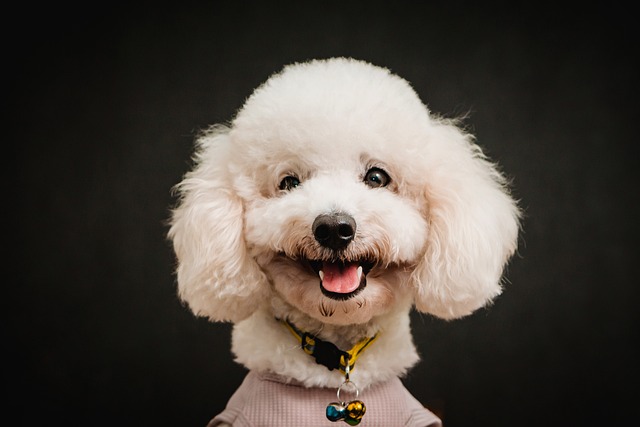
Integrating Responsibility and Respect: Always stash poop bags in your pocket during these outdoor sessions. Scooping immediately isn’t just common courtesy; cities like Austin or Amsterdam issue steep fines for violations – it’s about community health. Apartment dwellers, practice during off-peak hours to minimize echoing "Come!" calls disturbing neighbors. Critically, physical punishments like alpha rolls or shock collars violate core animal welfare principles across the EU and US states like Maryland – positive methods foster trust and deliver proven results. Registering your puppy (mandatory in counties like Miami-Dade by 4 months) typically requires vaccination proof, protecting all pets in shared spaces.
Progress isn’t always linear. Some pups nail recall by 5 months; others need steady reinforcement through adolescence (up to 18 months). If Daisy blanks you at the farmer’s market, don’t despair – retreat to a quieter street and rebuild confidence. Shower every success with genuine excitement! Starting early with patience and positivity isn’t just teaching a command; it’s forging a lifeline that keeps Daisy safe during lakeside hikes, bustling downtown walks, and every tail-wagging adventure ahead.
